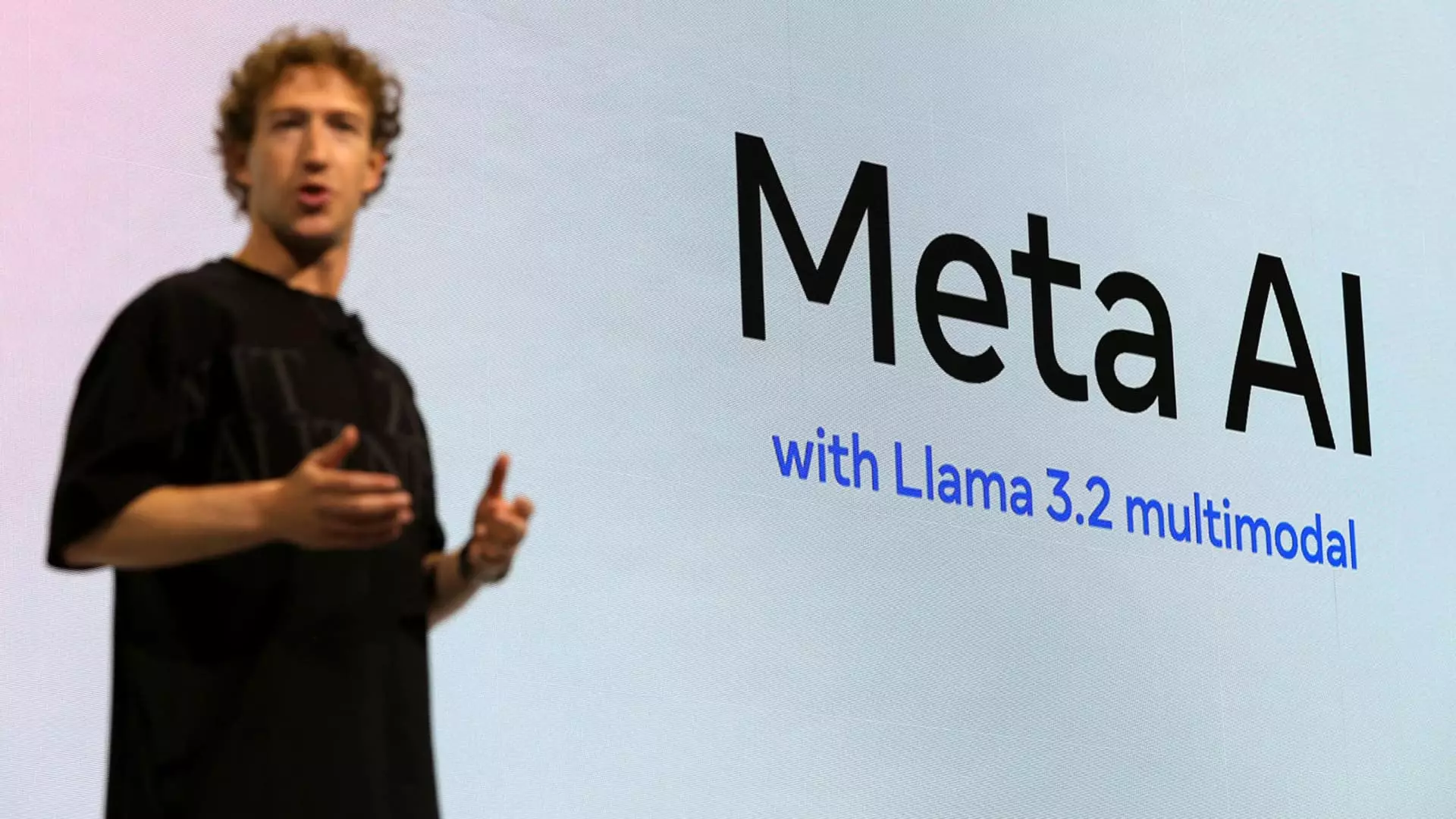In a legal landscape increasingly dominated by technology, the recent ruling in favor of Meta regarding its use of copyrighted materials for training its Llama AI model raises serious questions about the balance between innovation and authorial rights. U.S. District Judge Vince Chhabria’s decision reaffirms the controversial fair use doctrine but leaves a number of intricate issues up for debate. The ruling could easily be misconstrued as a blanket endorsement of unchecked technological appropriation, potentially undermining the very artists and writers it claims to support.
Chhabria’s ruling indeed favored Meta, allowing the tech giant to use works by 13 prominent authors, including Sarah Silverman and Ta-Nehisi Coates, as material to train their AI. This conclusion came despite the authors’ arguments highlighting that Meta did not seek permission to use their texts—an ethical breach that sets a worrying precedent. The court acknowledged that while it is illegal to copy protected works without consent, the plaintiffs failed to convincingly demonstrate any significant harm to the market as a result of Meta’s actions. This clinical dismissal of authors’ concerns raises unsettling questions about the perceived value of intellectual property in an age of rampant AI development.
Market Harm: A Dismissed Concern
Judge Chhabria’s assertion that Meta had “defeated the plaintiffs’ half-hearted argument” regarding market harm is perplexing. A dismissal of potential adverse effects on the book market suggests an alarming disregard for the economic realities faced by authors today. The judge’s failure to fully grasp the nuances of a rapidly evolving digital market leaves many wondering: if AI technologies such as Llama are built on the backs of authors without compensation, what incentive remains for creativity and originality?
While the ruling emphasizes the transformative use of existing works for AI training as a defense, it fails to fully appreciate the gravity of the implications this practice holds for authors. The concern that systemic disregard for copyright law could lead to a culture where artists are undervalued is not merely theoretical; it’s already being felt across creative industries. How can an author derive fair compensation when their works are used freely to generate revenue for tech companies without their consent? The very fabric of creative expression is at stake here; if the creators are not protected, who will produce the original content that these models are ultimately built upon?
The Myth of Technological Progress
The judge’s comments implying that prohibiting companies from utilizing copyrighted texts would stifle technological advancement borders on absurdity. This narrative parallels the age-old argument that the unregulated pursuit of profit is synonymous with innovation. Yet history shows us that unbridled technological expansion often comes at the expense of ethical considerations. Placing profit margins above legal boundaries is not progress; it’s exploitation.
Moreover, while Meta and its supporters herald the transformative nature of AI as a pillar of public interest, they neglect the responsibility to safeguard the intellectual property rights of authors. This duplicitous stance rests on the notion that an author’s loss is inconsequential to the grander scheme of technological evolution. The truth is that ignoring the contributions of these artists and thinkers risks reducing culture to mere fodder for profit-driven innovation, ultimately cheapening the value of human creativity.
The Door Is Still Ajar for Future Litigation
Chhabria’s acknowledgment that this decision does not blanket-affirm Meta’s practices opens a crucial avenue for future litigation. The judge’s ruling may apply only to these 13 authors, but the legal framework remains poised for further challenges. This reflects a wider recognition that copyright law must adapt to confront the complexities posed by AI and machine learning. Just because this ruling does not unequivocally endorse Meta’s practices doesn’t mean that authors should relinquish their rights or stop seeking justice.
As more authors begin to recognize the implications of this ruling, a surge of lawsuits targeting tech companies could redefine copyright norms in the digital age. The possibilities for establishing a more just framework for authorship remain vast, but they hinge on the ability of creators to mobilize against this tide of technological encroachment. Dismissing the fears of authors—while fostering a narrative of unchallenged progress—risks creating a reality where the broad strokes of tech development overshadow the essential individuality of art and creativity.
As this debate unfolds, the underlying question persists: in our rush toward technological innovation, are we suffocating the very voices that inspire it?



Leave a Reply